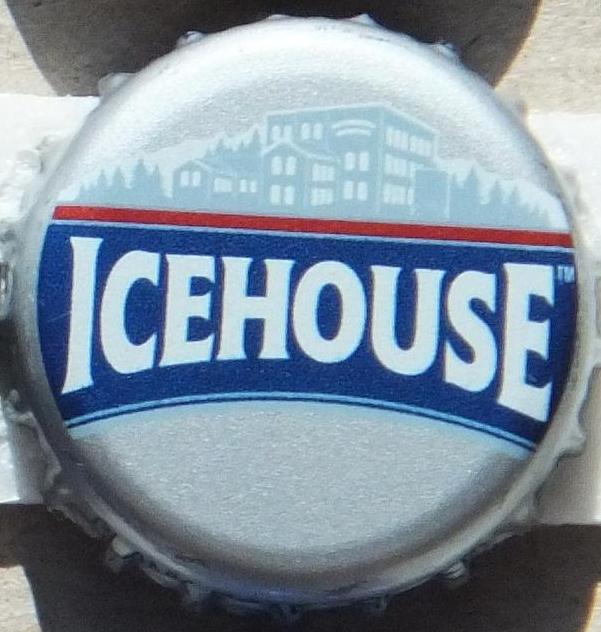Are you looking for the ultimate relaxation experience? Look no further than the me cruise. This luxurious cruise offers everything you need to unwind and recharge, from stunning ocean views to world-class amenities. Whether you're a solo traveler or planning a romantic getaway, the me cruise has something for everyone. Read on to discover why the me cruise is the perfect choice for your next vacation.
Planning a vacation can be overwhelming, especially when it comes to choosing the right destination. With so many options out there, it can be difficult to find a vacation that truly meets your needs. That's where the me cruise comes in. This exclusive cruise is designed to provide the ultimate relaxation experience, with luxurious accommodations, gourmet dining options, and a wide range of activities to choose from. Say goodbye to the stress of planning and let the me cruise take care of everything for you.
What is me cruise?
The me cruise is a luxury cruise line that offers a unique and personalized vacation experience. With its state-of-the-art amenities and world-class service, the me cruise is designed to provide guests with the ultimate relaxation experience. Whether you're looking to unwind by the pool, indulge in a spa treatment, or explore exotic destinations, the me cruise has it all. From the moment you step on board, you'll be treated like royalty, with attentive staff and a wide range of amenities to ensure your every need is met.
The History and Myth of me cruise
The me cruise has a rich history and is steeped in myth and legend. According to ancient texts, the me cruise was once the domain of gods and goddesses, who used it as a vessel to travel between worlds. It is said that those who embark on the me cruise are blessed with good fortune and eternal youth. While the truth behind these stories may be lost to history, the allure of the me cruise continues to captivate travelers to this day.
The Hidden Secrets of me cruise
While the me cruise has many well-known attractions and amenities, there are also hidden secrets waiting to be discovered. From hidden decks and lounges to secret bars and restaurants, the me cruise is full of surprises. Take the time to explore the ship and you may stumble upon a hidden oasis or a secluded spot with breathtaking views. These hidden gems are just waiting to be discovered and can add an extra layer of excitement to your vacation.
Recommendation for me cruise
If you're considering booking a cruise, the me cruise comes highly recommended. With its luxurious accommodations, world-class amenities, and attentive service, the me cruise offers a truly unforgettable vacation experience. Whether you're looking to relax by the pool, indulge in a spa treatment, or explore exotic destinations, the me cruise has something for everyone. Don't miss out on the opportunity to experience the ultimate relaxation getaway.
The Benefits of me cruise
The me cruise offers a wide range of benefits for travelers. From the moment you step on board, you'll be treated like royalty, with attentive staff and a wide range of amenities to ensure your every need is met. The me cruise also offers a variety of dining options, from gourmet restaurants to casual cafes, so you can indulge in delicious cuisine throughout your vacation. With its luxurious accommodations and world-class service, the me cruise is the perfect choice for those looking to unwind and recharge.
Tips for a Successful me cruise
Here are some tips to help you make the most of your me cruise experience:
- Plan ahead: Research the ship's amenities and activities before your trip so you can make the most of your time on board.
- Pack smart: Be sure to pack essentials like sunscreen, swimwear, and comfortable shoes for exploring the ship and ports of call.
- Try new things: Don't be afraid to step out of your comfort zone and try new activities and experiences on board.
- Take time to relax: While there are plenty of activities to keep you busy, don't forget to take time to relax and enjoy the ship's amenities.
Conclusion of me cruise
The me cruise is the ultimate relaxation getaway, offering luxurious accommodations, world-class amenities, and a wide range of activities to choose from. Whether you're looking to unwind by the pool, indulge in a spa treatment, or explore exotic destinations, the me cruise has it all. Don't miss out on the opportunity to experience the vacation of a lifetime. Book your me cruise today and prepare to be pampered like never before.



